
Ocado has warned of sharply slower growth after a drop in first-quarter sales as the online grocer faces a dual squeeze from inflation and a return to pre-pandemic shopping habits (The Financial Times £).
Ocado said sales dropped in its first quarter as shoppers returned to pre-Covid buying habits, and warned it was difficult to predict what the impact on business would be of rising food prices coupled with the cost of living crisis (The Guardian).
Sales at its joint venture with M&S fell 5.7% to £564.7m in the quarter to the end of February compared to a year ago, when lockdown saw demand for supermarket deliveries soar (The Mail).
The cautious trading update sent shares in Ocado, which also operates a grocery technology infrastructure business for third parties, down 102½p, or 8.5%, to £11.01 (The Times £).
Rapid delivery service Getir has raised fresh funds at an $11.8bn valuation, greater than the market cap of Sainsbury’s, Britain’s second largest supermarket (The Times £).
Losses at Deliveroo widened last year after it spent more money on marketing and technology, as the London-based food delivery company warned that it would remain unprofitable at least until mid-2023 (The Financial Times £).
Takeaway delivery specialist Deliveroo has posted a £298m pre-tax loss for the year after pumping more cash into its rapid growth plans (The Mail).
The founder of Deliveroo moved to reassure shareholders over its ability to move out of the red as he outlined “a longer-term path to profitability” (The Times £).
The Lex column in The Financial Times (£) says Deliveroo served up an “appetising” profit target to long-suffering investors.
Inflation could hit double digits following Russia’s invasion of Ukraine, the boss of John Lewis has said (The Telegraph).
Sharon White, speaking on the BBC’s Radio 4 Today programme, said the UK is facing double-digit inflation as the war in Ukraine exacerbates the soaring cost of living, with prices rising in the supply chain and on shelves (The Guardian).
Interest rates have increased for the third time in four months as the Bank of England tries to calm the rise in the cost of living (BBC News).
Inflation risks surpassing 10% as rocketing global energy and commodity costs fuel a second spike in prices later this year, the Bank of England warned yesterday as it raised interest rates for a third time in a row (The Telegraph).
Stocks and bond prices were buoyed and the pound lost ground against the dollar after the Bank of England took a doveish stance on interest rate rises (The Times £).
A Conservative MP has backed calls for dozens of Marks & Spencer stores across Russia to be shut immediately, suggesting Vladimir Putin is funnelling every rouble made in the country into the invasion of Ukraine (The Guardian).
The Tempus shares column in The Times (£) puts M&S under the spotlight as Katie Bickerstaffe and Stuart Machin get set to take the reins. It concludes the stock is a ‘buy’. “For all the risks, the paltry valuation attached to the group means the market has set a low bar for the double act to surpass.”
Independent testing has found hundreds of popular personal care items in the US to be contaminated with benzene, a highly carcinogenic chemical, prompting several big brands to voluntarily recall dozens of products in recent months (The Guardian). Procter & Gamble, Bayer, CVS and Johnson & Johnson have issued voluntary recalls for widely distributed brands including Brut, Sure, Pantene, Herbal Essences, Old Spice, Secret, Tinactin, Lotrimin, Coppertone, Neutrogena and Aveeno.
The owner of Burger King said the operator of its 800 stores in Russia has “refused” to close the sites despite demands to suspend trading (BBC News).
An opinion column in The Financial Times (£) says Big Tobacco’s retreat from Moscow are “rather halfhearted”.
A feature in The Financial Times (£) looks at how a vast Amazon warehouse changed life in a former UK mining town.
From pasta shortage to run on iodine pills, panic buying hits Europe again (The Financial Times £). Two years on from pandemic shortages, Russia’s war sparks fresh wave of hoarding in parts of Europe.
A Lex column in The Financial Times (£) examines inflation in the US that is sending savvy shoppers to discount chains such as Dollar General.







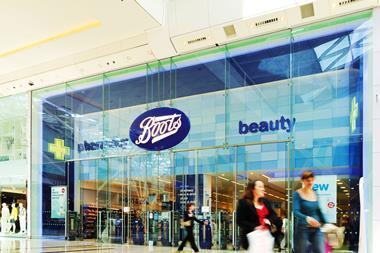
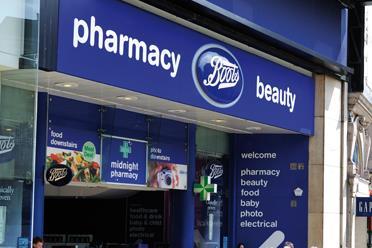
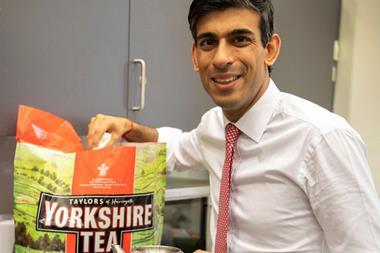
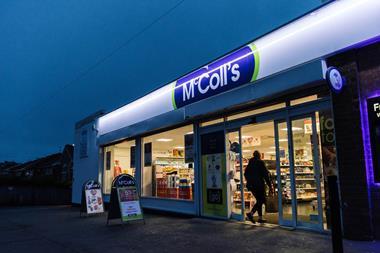
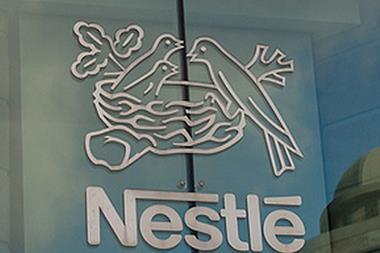
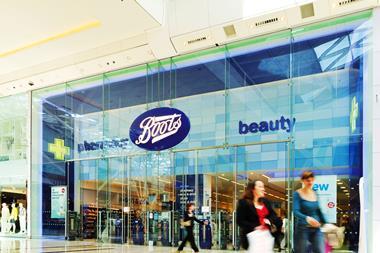

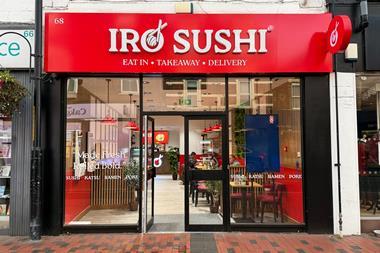


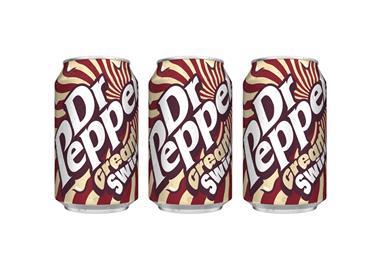
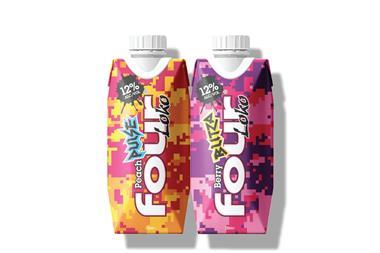
No comments yet